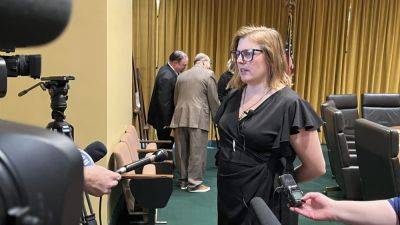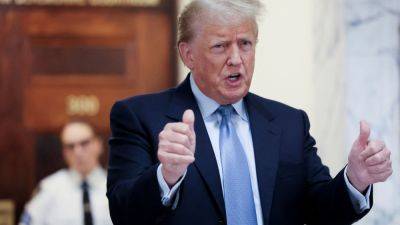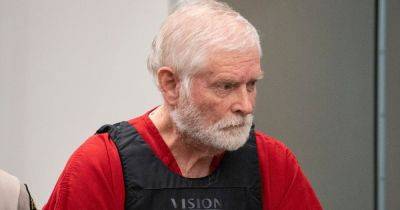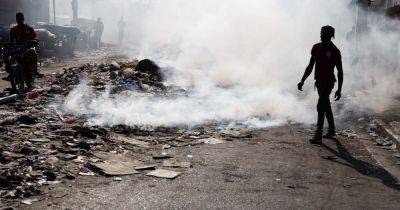The land that law forgot: Can outside forces turn the tide of violence in Haiti?
«There's no question of (the gangs) having a seat at any table,» said Bob Rae, Canada's ambassador to the United Nations and its envoy to international talks on rescuing Haiti from its nightmarish descent into anarchy.
But there's an unanswered question hanging over the complex political negotiations on the future of this failed state — if the gangs are to be excluded from power, who is going to take power from them?
While the outlines of a political accord leading to elections are now coming into sharper focus, the question of who will bell the cat remains as difficult to answer as ever.
Haiti's new Presidential Council has few resources to establish its authority on the lawless island, even if it manages to achieve legitimacy and win acceptance from the broader Haitian population.
«There simply isn't enough strength in the state of Haiti to respond to the level of violence that's being perpetrated by these gangs,» Rae told CBC News.
While Haiti's security problems are complicated and multi-dimensional, they can also be summed up in a single phrase: too many criminals, not enough cops.
While the neighbouring Dominican Republic has about the same population as Haiti, it has about five times as many police officers. It also has armed forces with 56,000 troops — more than fifty times the size of Haiti's military.
Even if all of the countries that have talked about joining the proposed multinational security force follow through and deploy, their combined numbers will not be enough to change that dynamic.
The country's national police force is down to about 6,000 to 7,000 officers; no one is quite sure how many are still reporting for duty. Even if 3,000 foreign police officers arrived tomorrow, that would only bring the force's







